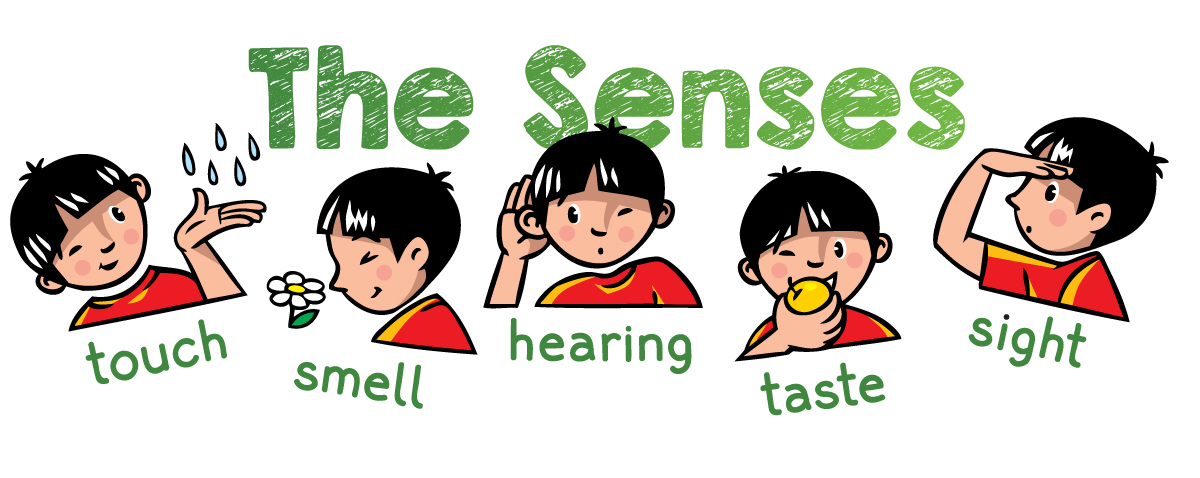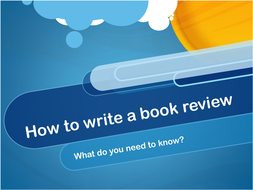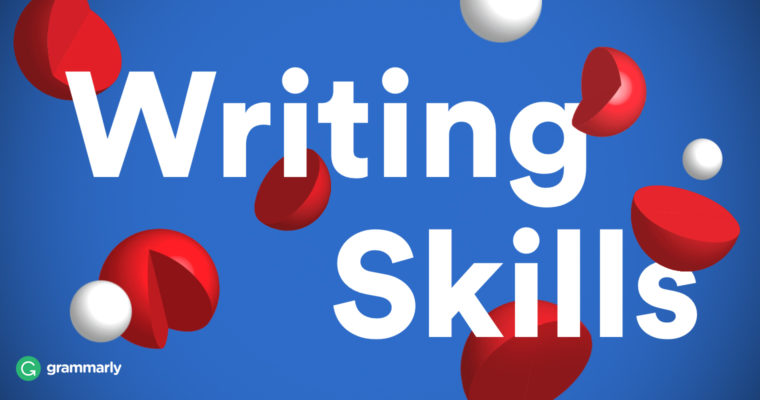This is a piece of autobiography, a piece of writing where you write about yourself, your life, experiences, anecdotes... and everything you want to share.
You may think only important people write autobiographies (Rosa Parks, Barack Obama, Greta Thunberg...) but you are important enough and adventurous enough to write something, sure you are!
Remember, to write your piece of autobiography you must observe:
1. Tenses are in the past, it is an event you experienced.
2. It is written in first person; I had, I was, I saw, I felt...
3. Because it is personal, you always include your feelings and thoughts: and then I felt excited because... and then I thought "what a wonderful surprise" because...
Now the idea is... once written, I want to share my piece with the rest of the class. How will I do that?
Click on the link below and find out!!!
Once you have created your BIOCUBE it is time now to exhibit it in class and use it to illustrate your oral presentation. HAVE FUN!!












